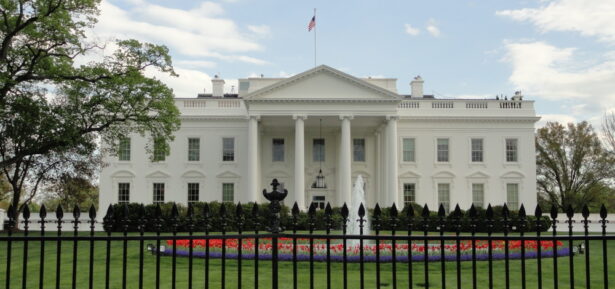
Credit: Unsplash
Phoenix, Arizona, experienced a record-breaking stretch of scorching temperatures above 110F (43.3C) that finally came to an end yesterday as the region welcomed much-needed relief from the oppressive heatwave in the form of cooling monsoon rains. The American southwest, encompassing states like Texas, New Mexico, Arizona, and California’s desert areas, had grappled with historically high temperatures since June, with Phoenix being one of the hardest-hit cities.
Throughout the month of July, Phoenix and its suburbs endured an intense sweltering heat, breaking several records along the way. The most remarkable of them was the extraordinary stretch of 31 consecutive days with temperatures exceeding 110F, surpassing the previous record set in 1974, which stood at 18 successive days.
However, on Monday, the heatwave’s stranglehold loosened slightly as the National Weather Service reported a peak temperature of 108F, marking the end of the record streak. While this came as a welcomed respite, experts cautioned that the relief might be short-lived, with forecasts indicating that temperatures above 110F could return for several days this week.
BREAKING: A record string of daily highs over 110 degrees Fahrenheit in Phoenix ended Monday as the dangerous heat wave that suffocated the Southwest throughout July receded slightly with cooling monsoon rains. https://t.co/maiVT44QiE
— The Associated Press (@AP) August 1, 2023
As the region begins to recover from the extreme heat, the National Weather Service meteorologist Matthew Hirsch has issued a warning, suggesting that August might bring even hotter temperatures than those experienced in July. The heatwave has raised concerns about the potential impact on the health and well-being of residents, wildlife, and the environment.
The consecutive days of extreme heat have highlighted the urgency for implementing measures to address the impacts of climate change in the region. As temperatures continue to rise, it becomes increasingly vital for communities and authorities to develop strategies to protect vulnerable populations and mitigate the effects of heat-related health risks.
While the break in the heatwave provided temporary relief, it also serves as a reminder of the importance of preparedness and resilience in the face of extreme weather events. As the American southwest braces for possible further heatwaves in the coming weeks, it is crucial for everyone to stay informed, take necessary precautions, and support one another to navigate through these challenging weather conditions.
-
Credit: Shutterstock Ruling marks key step in ongoing legal fight over federal authority and state control The Ninth Circuit...
-
Credit: Shutterstock The White House grounds haven’t seen a sight like this in decades — cranes, bulldozers, and construction...
-
Credit: Shutterstock Peaceful rallies across all 50 states mark one of the largest single-day protest movements in U.S. history...
-
Credit: Shutterstock The end of quantitative tightening may not be the market boost it appears to be Federal Reserve...
-
Credit: Shutterstock Here’s Everything You Need to Know On October 6, 2025, the U.S. Supreme Court quietly slammed the...
-
Credit: Shutterstock Elon Musk has taken aim at one of the most powerful civil rights groups in America, the...
-
Credit: Shutterstock Here’s Everything You Need to Know About the 2025 Government Shutdown On October 1, 2025, at midnight...
-
Credit: Shutterstock Pete Hegseth Declares New Era in U.S. Military With Bold Message: “No More Fat Soldiers” Secretary of...
-
Credit: Shutterstock CNN Anchor Slams “Smelly” Donald Trump After “Whiny” President’s Latest Rant Donald Trump is facing a fresh...
-
Credit: Shutterstock Comey Indicted, Son-in-Law Resigns Amid Controversy Former FBI chief James Comey got hit with serious charges on...
-
Credit: Shutterstock More and more Americans claim that they just don’t trust Democratic leaders to address the most important...
-
Credit: Shutterstock Trump’s Take on Free Speech During a press briefing in the Oval Office following the signing of...




















